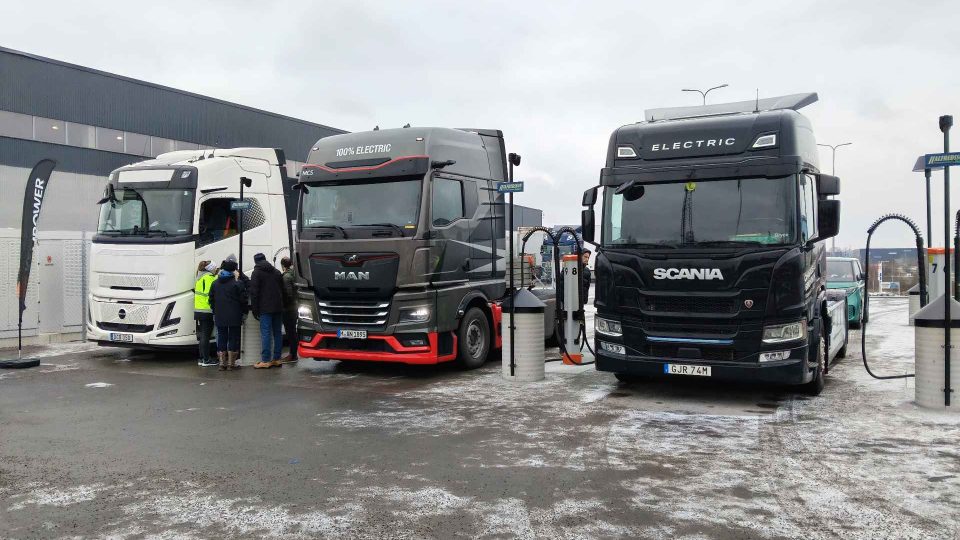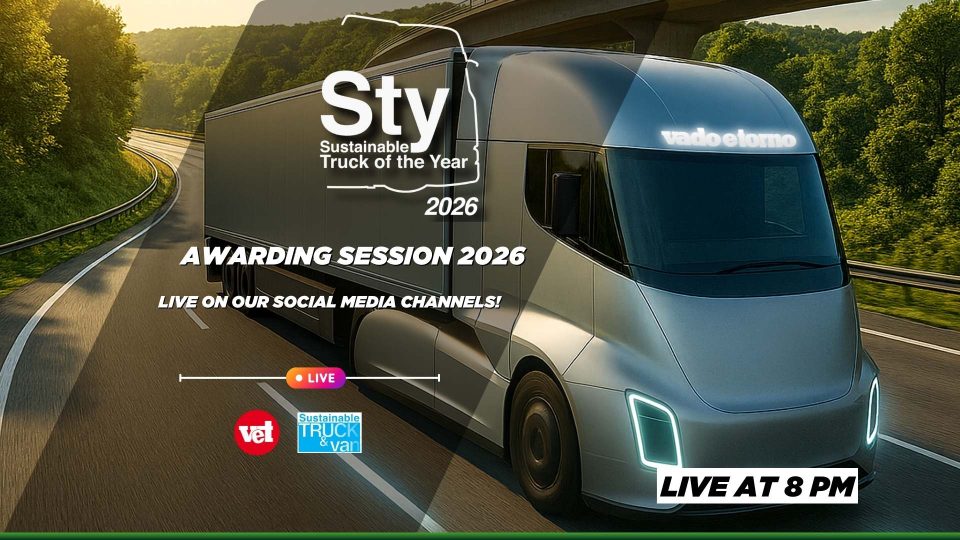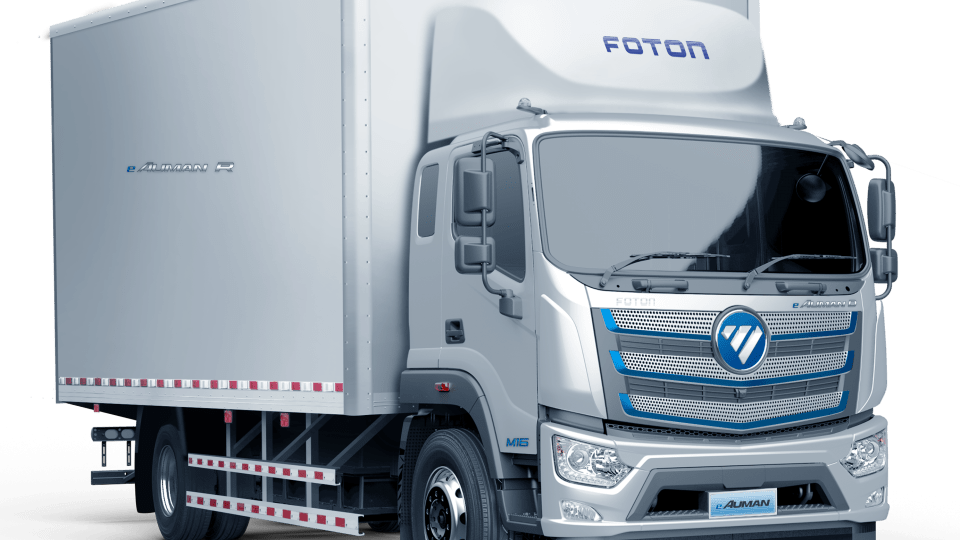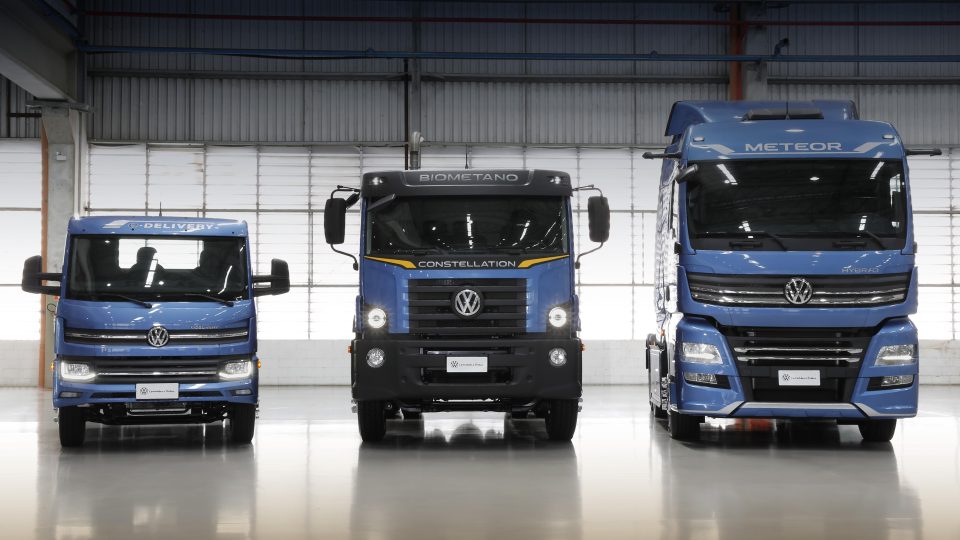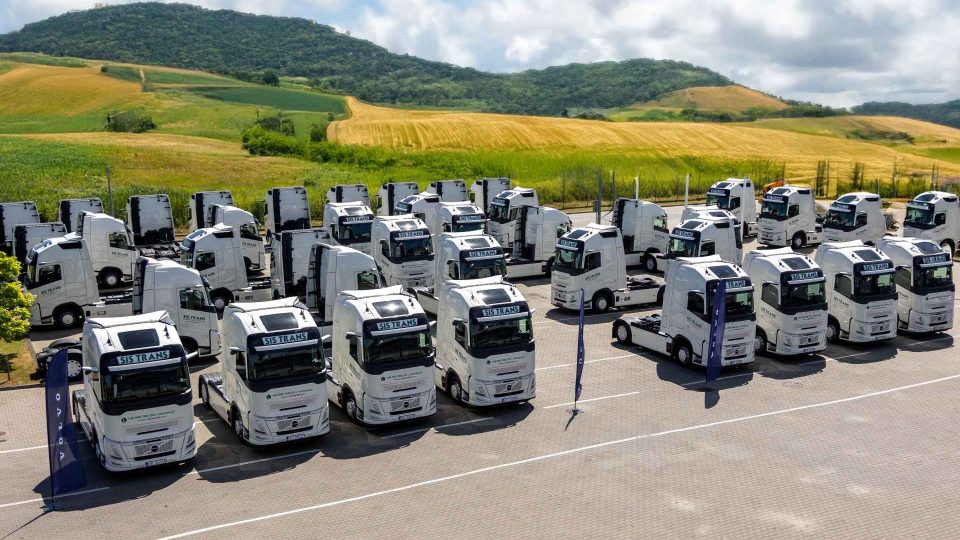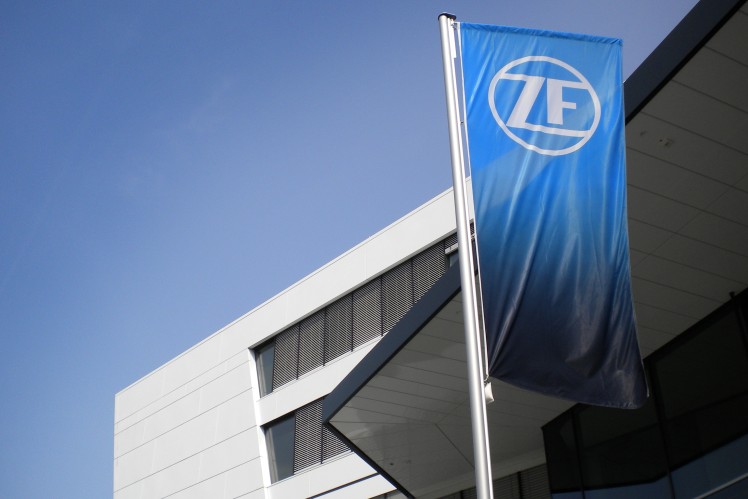Harbinger welcomes Fred DePerez as Senior vice president of Sales
DePerez is an industry veteran with more than 30 years of experience in sales, marketing and product strategy leadership roles for some of the most iconic automakers, including Toyota, Fiat Chrysler (now Stellantis), Nissan, and Hyundai Motor Group.

Electric truck manufacturer Harbinger has recently announced that Fred DePerez has joined the company as Senior Vice President of Sales. DePerez is an industry veteran with more than 30 years of experience in sales, marketing and product strategy leadership roles for some of the most iconic automakers, including Toyota, Fiat Chrysler (now Stellantis), Nissan, and Hyundai Motor Group.
Prior to joining Harbinger, DePerez was Senior Vice President of Global Product Line Management at Hyundai Motor Group, where he developed and led the global expansion of enhanced business management, market analytics and model line optimization processes for the company’s Hyundai and Genesis brands.
Harbinger’s new Senior Vice President of Sales
“Harbinger is redefining what fleets should expect from medium-duty vehicles by focusing on lower acquisition cost, uncompromising quality, and the durability and warranty that commercial customers need,” commented DePerez. “We are accelerating the business through dealer network expansion and strategic partnerships. Now is the time to deliver next-generation products to customers who are looking for a superior vehicle. I look forward to helping lead that effort.”
DePerez joins Harbinger at a pivotal time as the company recently announced the launch of serial production of its medium-duty EV chassis. In addition, it recently unveiled a medium-duty plug-in hybrid vehicle to serve fleets which have longer range requirements.


